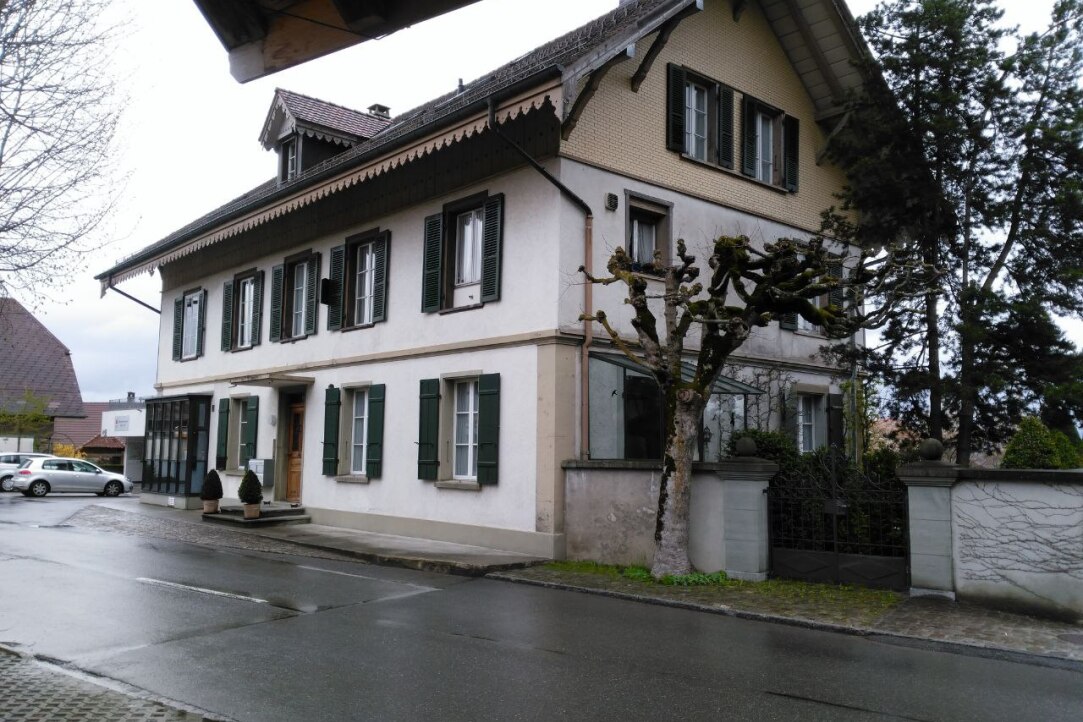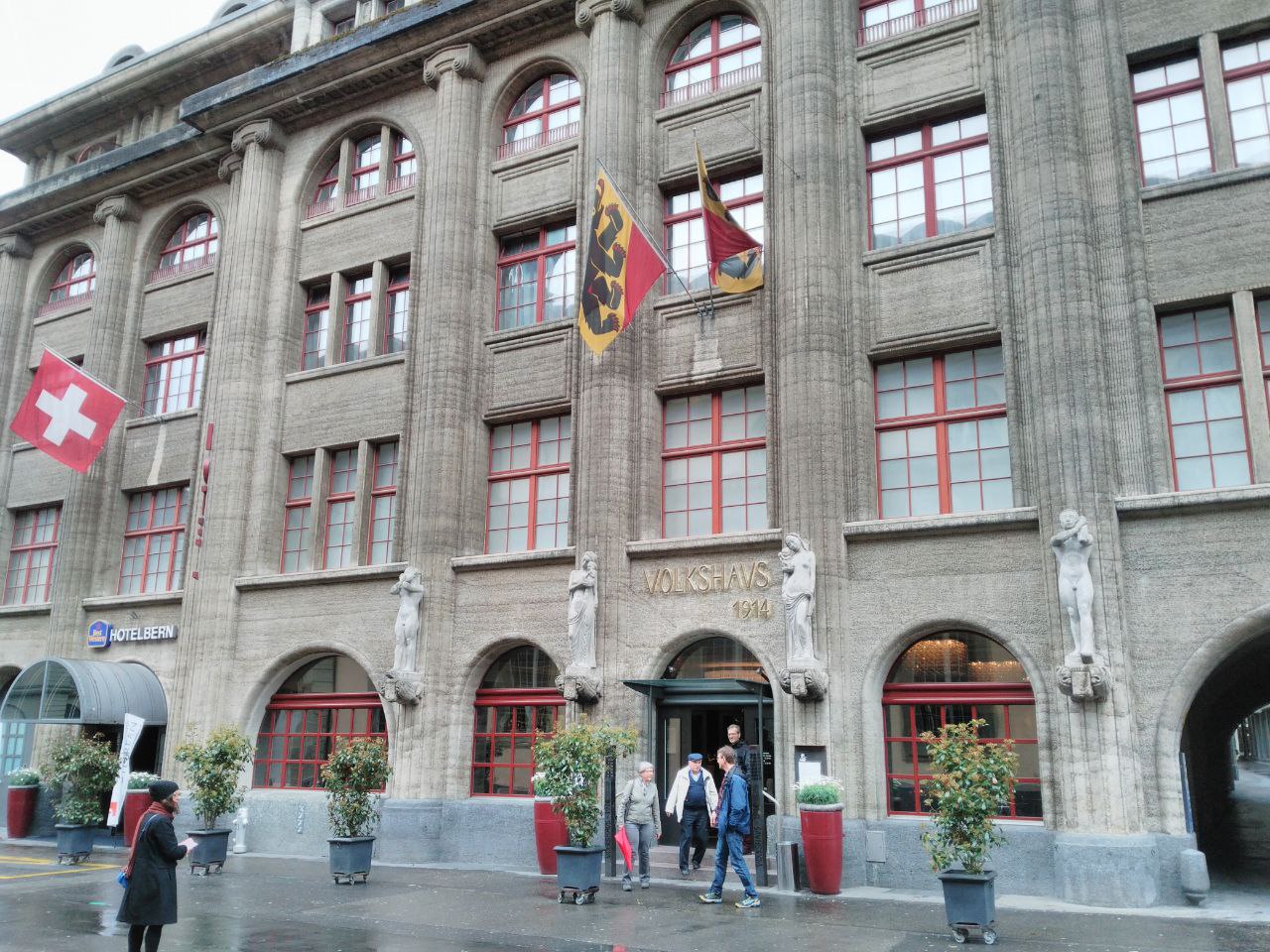Yagiz Ali Yildiz on history of international movements, his personal research experience and plans
In this interview, we speak with Yagiz Ali Yildiz, who is specializing in the history of the Communist International and left-radical movement. Yagiz has recently applied for the Postdoctoral Programme at the Center for Historical Research and shared his past scientific experience with the future plans.

Where were you studying, what were you doing during your education and how did your research interests change throughout the time?
I graduated from the Sociology Department at the Middle East Technical University in Turkey. Initially, I was planning to do a sociology PhD, but I started doing Master’s at Koç University in Istanbul and my advisor was a Russian historian, Mark Baker. I was specifically interested in the history of the socialist movement, labor movement. My advisor encouraged me to shift my study to history. Then I decided to do work on the history of the Comintern and started doing my PhD at the University of Pittsburgh. Gradually my focus shifted towards the relationship between the Bolsheviks, East European revolutionaries and West European revolutionaries and eventually I found myself working on the history of the Zimmerwald movement.
When I was an undergraduate student, I didn't believe that I would be able to work on international socialist movements as a researcher from Turkey. My advisors (Mark Baker and William Chase) greatly encouraged me to pursue my interests.
Why did you choose HSE? What were the things that made you choose our university?
After finishing my dissertation I was planning on applying to a Postdoc program and Vyshka was always on my mind. The faculty and the department seemed always interesting to me and I always wanted to work in Russia, because as someone who is interested in the history of the Communist International, I think I had to come and do research here. The Vyshka Postdoc program is really great in many ways. It's a great opportunity to do research for anyone who is interested not only in Russian history, but as my case shows, in international history in general. There's a great faculty here, they're all very encouraging and helpful.
Are your further plans to stay in your research field? Do you want, for example, to teach and to have classes?
Yes, if the department asked me, of course I would love to teach.
What is your dream course? What do you want to teach?
My dream course would involve Marxist theories on the Soviet Union and state capitalism question in general. This is something I read and wrote a lot over the years. But of course this may be a very niche course that may not understandably be interesting to the whole student body. Apart from this, I would also like to teach anything about the history of international labor movements, anything involving the history of modern Turkey for instance, republican period, etc. I would like to teach anything on subjects related to the World War I period, labor movement, socialist movement.
Do you have some parts of your research which you didn't include in your dissertation, but you probably want to expand on some of them in the future?
There is so much stuff that I couldn't integrate into my dissertation. For instance there is this question which I'm currently working on: the debate between several European intellectuals, not only Marxists, but also conservative or right-wing intellectuals like Max Weber, or other liberal intellectuals, social-democrats, etc. on the question of “democracy and dictatorship” as political forms. This debate was triggered after the 1917 October Revolution (specifically over the role of the Soviets as political institutions) but unfortunately, I couldn't integrate it into my dissertation. I am currently working on it. Dissertation writing can be challenging, because you want to include all and of course it is not always possible. You are taking so many notes on your sources and historiography, but you have to get rid of some of them. My computer is like a graveyard of notes, basically.
You have very diverse sources that include a large number of participants from different cultural contexts. Have you encountered any difficulties in finding sources from different countries or any peculiarities of working with such a field globally?
Yes, absolutely. Research was challenging, because I had to visit several archives and I still could not finish reading all the documents I collected. I had to visit archives in Sweden, Switzerland, Germany, and the Netherlands. It was fun also to visit all these archives. But language was a challenge because I had documents in several languages, all of which I can not read. So that's a problem if you are studying the history of the Comintern. That's why I think the history of Comintern as a transnational subject requires collaborative work. This was one of the most important practical challenges.

Can you name some type of source that was the most interesting or untypical for you?
Most of my sources were published documents, for instance, journal articles, Congress proceedings, minutes and correspondences. But I find autobiographies always interesting. You can always find interesting stuff there. One of the most interesting things to notice in autobiographies is when you see that an author’s memory fails them.
There's a very interesting example of this, which I discovered during my dissertation research. This is about Trotsky and how he misremembered in his “My Life” an anecdote involving the famous Reichstag vote of the SPD in favor of the war credits at the beginning of the First World War. In his “My Life” Trotsky wrote that Lenin recounted how surprised he was that the German Reichstag fraction of the Social Democratic Party voted for the war credits. Trotsky wrote these years after the events. But when I read the Zimmerwald Conference proceedings, I realized that it was actually Trotsky, not Lenin, who said that he was very surprised about the SPD vote and not Lenin during the Conference. This was a fun and interesting revelation to me, which also had some interesting consequences in the later historiography. You can definitely find unexpected, surprising things in a document which may initially appear to be boring. You just have to pay attention to it.
You said that reading sources is one of the most important parts of being a historian, but we also know that sometimes visiting the archives to find sources is a real torture. Do you want to visit some archives to find any sources in Russia?
Currently I'm mostly working with the documents I collected for my dissertation work. However, if I can find the time, I absolutely would love to visit, for instance, the RGASPI archives. I just saw the building from outside, but I have never entered it. I would love to see the inside of it.
Could you give some advice for us, for students who are also going to be historians one day?
If you are planning to become historians, definitely one virtue you will need is patience. You need to be patient with yourself, you need to be patient with your advisors, colleagues, etc. You need to be patient with the world around you. When I was writing my PhD, COVID pandemic started, which was a huge setback for me personally. So, patience is the one virtue I think you should absolutely cultivate. Just be patient, continue doing your work. Don't let the circumstances extinguish your passion for your work, okay?
Research Assistant
Research Assistant
Ali Yagiz Yildiz
Research Fellow
